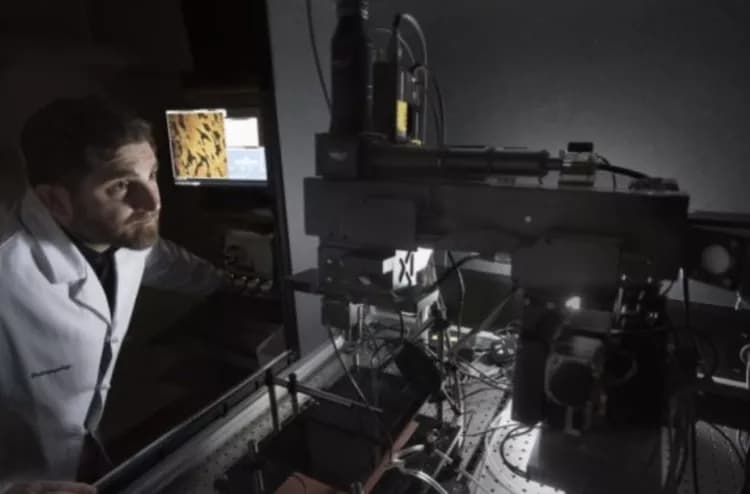
Brain Training Can Improve Our Understanding Of Speech In Noisy Places
For many people with hearing challenges, trying to follow a conversation in a crowded restaurant or other noisy venue is a major struggle, even with hearing aids. Now researchers reporting in Current Biology on October 19th have some good news: time spent playing a specially designed, brain-training audiogame could help.
In fact, after playing the game, hearing impaired elderly people correctly made out 25 percent more words in the presence of high levels of background noise. The training provided about three times more benefit than hearing aids alone.
"These findings underscore that understanding speech in noisy listening conditions is a whole brain activity, and is not strictly governed by the ear," said Daniel Polley of Massachusetts Eye and Ear and Harvard Medical School. "The improvements in speech intelligibility following closed loop audiomotor perceptual training did not arise from an improved signal being transferred from the ear to the brain. Our subjects' hearing, strictly speaking, did not get better." And, yet, their ability to make sense of what they'd heard did.
Those improvements reflect better use of other cognitive resources, including selective auditory attention, Polley explained. In other words, participants were better able to filter out noise and distinguish between a target speaker and background distractions.
The study enrolled 24 older adults, at an average of 70-years-old. All participants had mild to severe hearing loss and had worn hearing aids for an average of 7 years. Participants were randomly assigned to one of two training groups. Members of both groups were asked to spend 3.5 hours per week for 8 weeks playing a game. One group played a game designed with the intention of improving player's ability to follow conversations. It challenged them to monitor subtle deviations between predicted and actual auditory feedback as they moved their fingertip through a virtual soundscape. As a "placebo" control, the other group played a game that challenged player's auditory working memory and wasn't expected to help with speech intelligibility.
The study was designed so that the 24 participants and the researchers did not know who trained with the audiogame programmed for therapeutic benefit and who trained with a "placebo" game without therapeutic intent. Participants from each group reported equivalent expectations that their speech understanding would be improved.
People in both groups improved on their respective auditory tasks and had comparable expectations for improved speech processing. Despite those expectations, individuals that played the working memory game showed no improvement in their ability to make out words or even improvements on other working memory tasks. The other group showed marked improvements, correctly identifying 25 percent more words in spoken sentences or digit sequences presented in high levels of background noise. Those gains in speech intelligibility could also be predicted based on the accuracy with which those individuals played the game.
Those benefits didn't persist in the absence of continuing practice, the researchers report. However, they say, the findings show that "perceptual learning on a computerized audiogame can transfer to 'real world' communication challenges." Polley envisions a time when hearing challenges might be managed through a combination of auditory training software coupled with the latest in-ear listening devices.
"We look forward to a future where auditory perceptual training software that has been inspired by principles of brain plasticity, not audiological testing, is packaged with new advances in these listening devices," he said. "There is reason to believe that the sum of these benefits would be greater than could be expected from any one approach applied in isolation."
Materials provided by Cell Press. Note: Content may be edited for style and length.
Disclaimer: DoveMed is not responsible for the accuracy of the adapted version of news releases posted to DoveMed by contributing universities and institutions.
References:
Whitton et al. (2017). Audiomotor Perceptual Training Enhances Speech Intelligibility in Background Noise. Current Biology. DOI: 10.1016/j.cub.2017.09.014
Related Articles
Test Your Knowledge
Asked by users
Related Centers
Related Specialties
Related Physicians
Related Procedures
Related Resources
Join DoveHubs
and connect with fellow professionals

0 Comments
Please log in to post a comment.